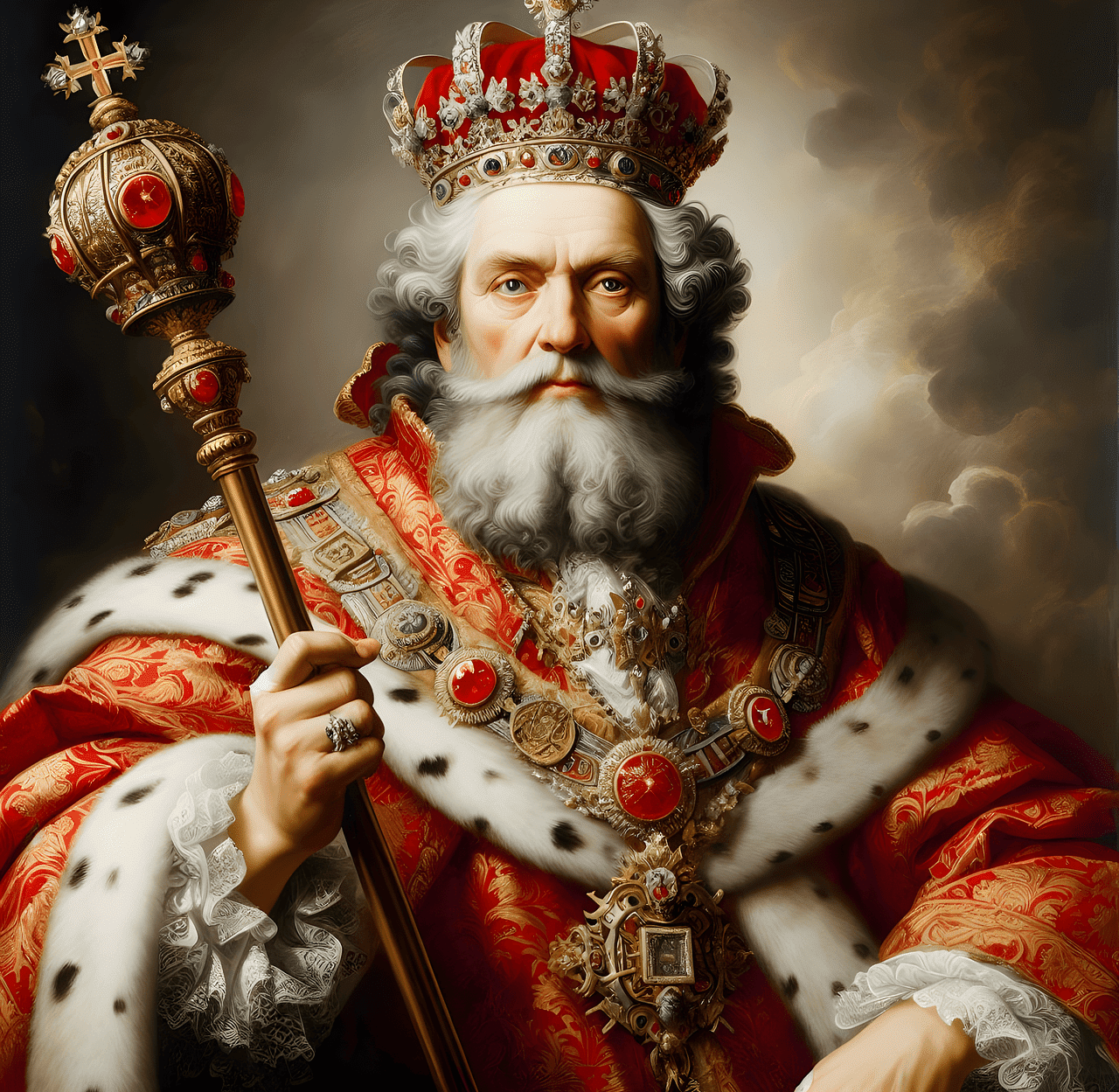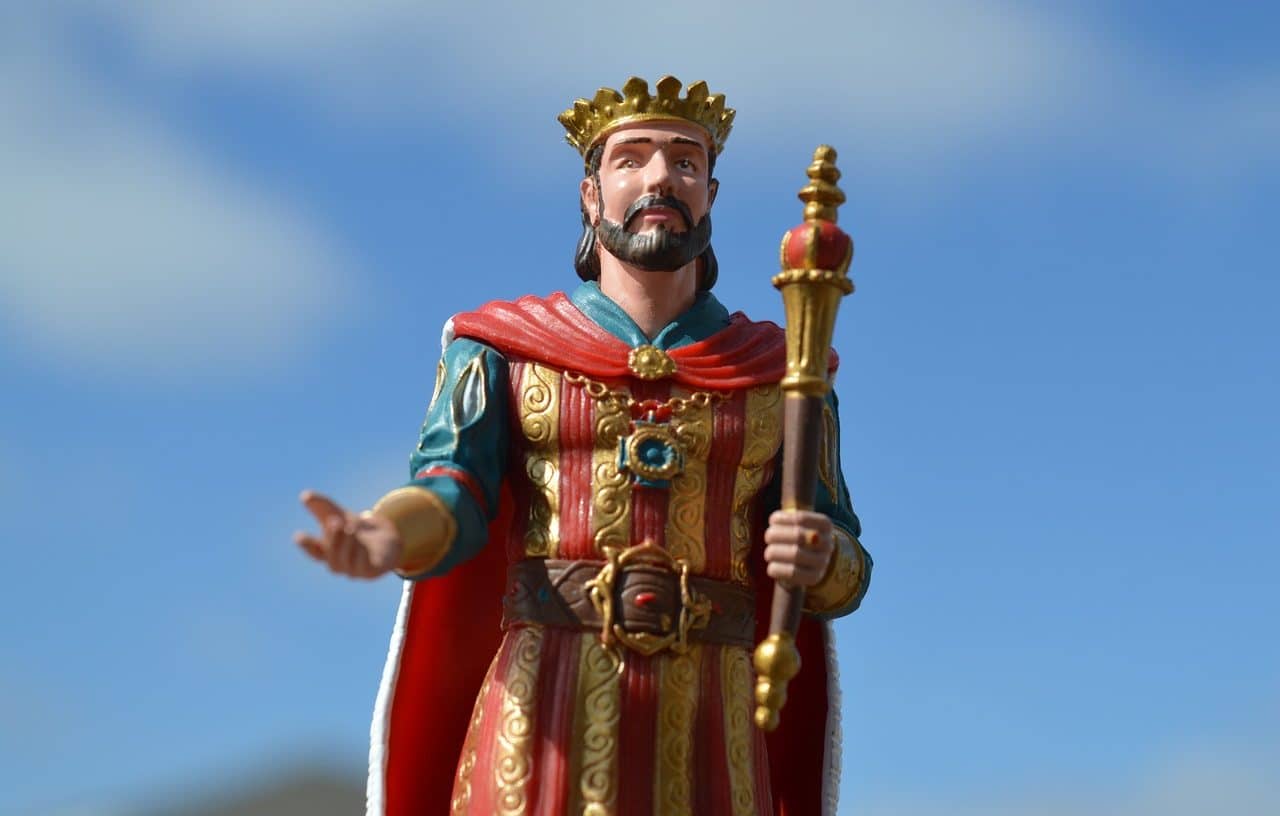
An autocracy is a type of government where power rests with a single individual.
Autocracy is the type of government whose highest law is the will of a single individual .
In an autocracy, one person holds all the power . The notion can also be used when a group of subjects exercise power without limitations or regulations.
Etymology and origin
To know precisely the meaning of the term autocracy, it is important to discover its etymological origin. In this case we have to explain that it is a cultism that is the result of the sum of two Greek elements:
- The term autos , which can be translated as “by itself.”
- The noun cratos , which is synonymous with “government” and “power” .
There are those who consider that autocracy was a word that was shaped in the early 19th century by the poet Robert Southey to refer to Napoleon Bonaparte . However, it was already used by the tsars of Russia and can even be found in the works of Greek philosophers such as Plato , Aristotle or Plutarch .

In an autocracy the highest law is the will of the monarch.
Characteristics of an autocracy
Among the main characteristics that define an autocracy we can highlight the following:
- Power is in the hands of a single person, who is the one who concentrates it completely.
- The usual thing is that in an autocracy the human rights of all people who think differently from those in power are violated.
- Violence and corruption are common in any autocracy.
- As a general rule, autocracy can be defined by terms such as authoritarianism , despotism , and tyranny .
- In an autocracy it usually happens that an oligarchy is shaped, which means that both the person in power and those close to them end up benefiting from the situation.
Historical evolution
The idea of autocracy emerged in a consolidated way in Russia . The tsars were authorities who, when making decisions and implementing measures, did not face any conditions. Louis XIV 's absolutism in France is also often considered an autocracy.
In general, all ancient monarchies approached autocracy. The king came to power by inheritance or divine will and did not have to be accountable to any body . The rest of the people, therefore, lacked the possibility of participating in political life (they did not vote for their representatives, for example).
As history progressed, monarchies had to adapt to the principles of democracy. This is how parliamentary monarchies and constitutional monarchies arose, where the king's powers are limited and there are other figures and bodies of power (prime minister, president, legislators, etc.).
It can be said, in short, that the opposite of autocracy is democracy . In a democratic system, power is distributed in society through various mechanisms. This makes the decisions made by rulers have legitimacy since whoever governs does not do so in their name, but on behalf of the people.
